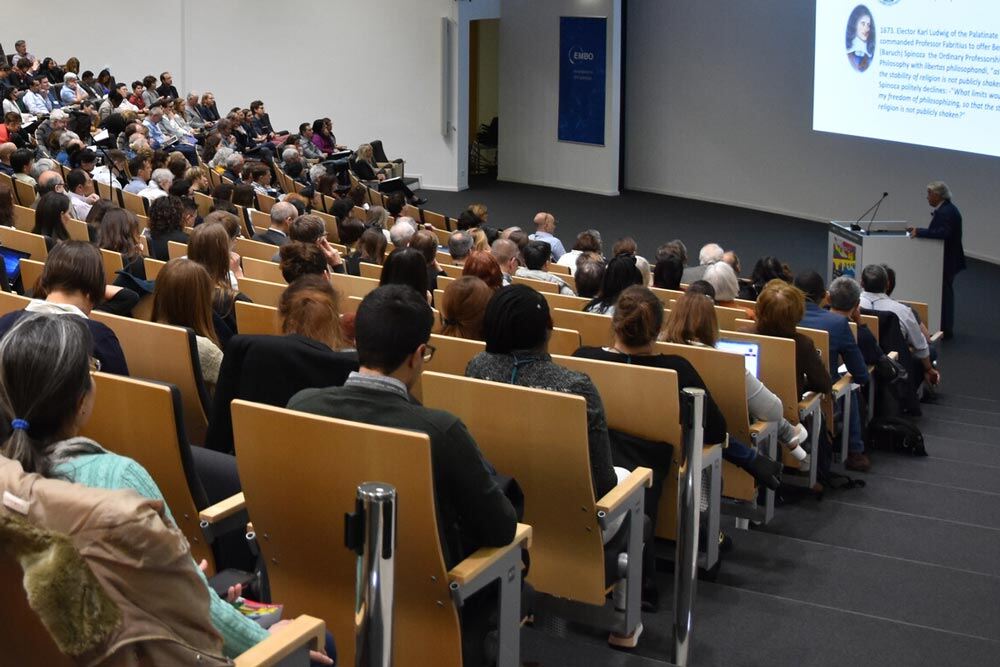15 January 2025
An introduction to EMBL-EBI resources
EMBL EBI is the home of the world s most comprehensive range of freely available molecular databases and resources Our resources help researchers share and analyse data and perform complex queries in many different ways Join us for a tour of the core data resources at EMBL EBI During this webinar we will introduce the types of data available how you can search for data and the various ways of getting assistance We will also discuss the role of EMBL EBI in making data open and accessible and how you can include EMBL EBI data in your workflows We will also provide information on further online training to help you learn more about specific topics in bioinformatics and EMBL EBI resources including an introduction to the training collections The collections bring together videos and online tutorials on a specific topic to help get started... EMBL-EBI is the home of the world's most comprehensive range of freely available molecular databases and resources. Our resources help researchers share and analyse data and perform complex queries in many different ways. Join us for a tour of the core data resources at EMBL-EBI.During this webinar, we will introduce the types of data available, how you can search for data and the various ways of getting assistance. We will also discuss the role of EMBL-EBI in making data open and accessible, and how you can include EMBL-EBI data in your workflows. We will also provide information on further online training to help you learn more about specific topics in bioinformatics and EMBL-EBI resources, including an introduction to the training collections. The collections bring together videos, and online tutorials on a specific topic to help get started.
Webinar
Virtual



